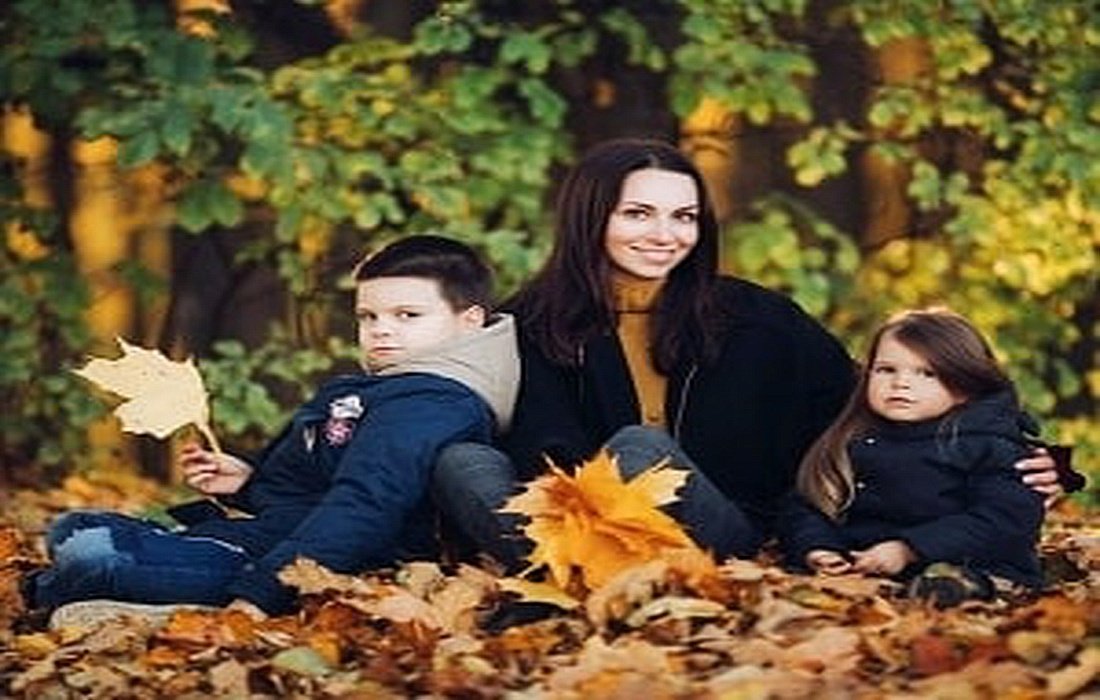A Warning About RisksPregnancyConsecutive
One of the happiest moments in the life of a young couple can be the birth of a child, which, despite all its challenges, is very joyful for parents. However, sometimes a mother may accidentally become pregnant while breastfeeding.Having a Second Childis possible.
The birth of a second child less than two years after the first complicates the situation for both children and parents. This consecutive pregnancy also poses risks to the mother, which are outlined in this important section on pregnancy and newborns atSelMagz.Consecutive Pregnancy

What Damages Can It Cause the Mother?Risks of Consecutive Pregnancy
Immediate or short-gap pregnancies often happen unintentionally. While some view them as an opportunity to raise two children simultaneously, others see it as an added complication. Frequent pregnancies bring many risks to the mother, which can sometimes be irreversible; thus, the gap between two pregnancies is essential for the mother’s health.
Is Consecutive Pregnancy Good or Bad?
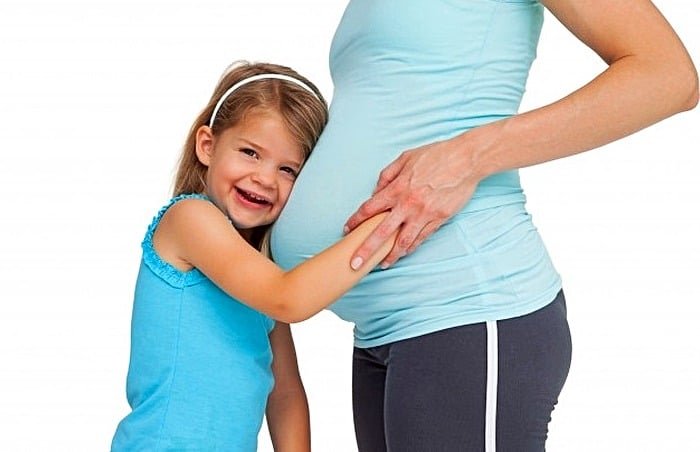
Consecutive Pregnancy;
Why Shouldn’t You Get Pregnant Right After Childbirth?Becoming pregnant soon after the first birth can leave the mother’s body lacking essential nutrients since the mother loses all her body reserves during the first pregnancy and childbirth.
Pregnancy and childbirth are long, difficult, and stressful processes for the mother, and taking care of the child adds to this fatigue. If the mother becomes pregnant again, this exhaustion and
stressare transferred tothe fetus.If a mother gives birth naturally, it takes about six to eight weeks for her body to recover, but if it’s a cesarean delivery, the recovery process is longer, with pain and recovery from the incision taking more time.Everything You Need to Know About Consecutive Pregnancy and the Right Timing
Are You Planning for a Consecutive Pregnancy?If the mother accidentally becomes pregnant again less than two years after the first child, her physical condition is not suitable for another pregnancy since the baby receives all the mother’s nutrients through breast milk for about a year and a half to two years, leaving the mother unprepared for a second pregnancy.During consecutive pregnancies, the mother may suffer fromsevere anemia.The health of the fetus may be at risk.
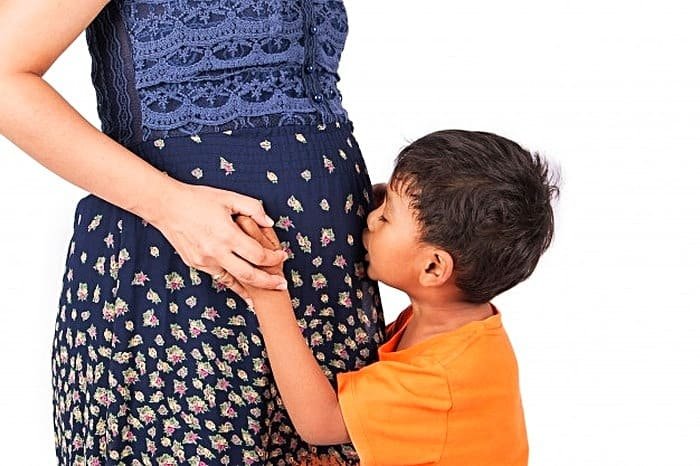
In the first four months of pregnancy, mothers often experience cravings and
nausea
and struggle to eat healthily. Nutrient deficiencies during this time can lead to weakness and inability to supply quality breast milk to the newborn.
Mothers who get pregnant again while nursing their first child get less rest due to caring for their child and staying up late, which leads tosleep deprivationand lack of rest negatively affecting the fetus.
Mothers who are breastfeeding and become pregnant again often lack sufficient time for proper care of themselves and their fetus, making regular check-ups with doctors more difficult, putting them at higher risk during pregnancy.What Happens in Consecutive Pregnancies?Why Do You End Up With Consecutive Pregnancies?Should You Prevent Pregnancy After Childbirth?Immediate or short-gap pregnancies often occur unintentionally because women mistakenly believe they cannot become pregnant while breastfeeding if they do not have a period. However, ovulation resumes 40 to 45 days after childbirth, and mothers need to use a prevention method.
The best prevention methods during breastfeeding are specialized contraceptive pills, condoms, and birth control injections.Methods ofPreventing Consecutive Pregnancies
The Best Time for Consecutive Pregnancy
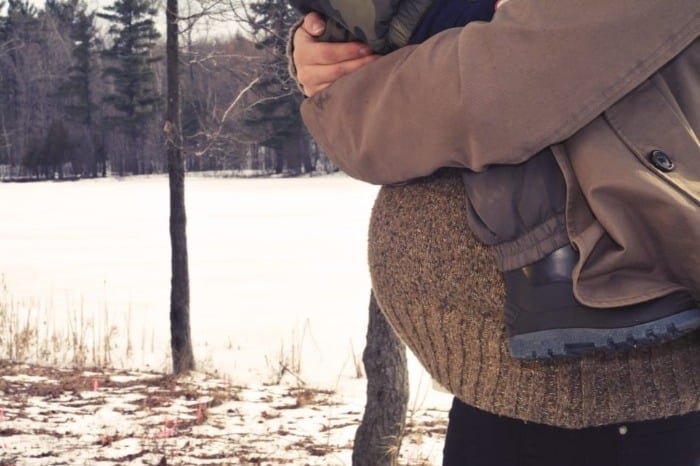
Wait Six Months to a Year
One reason women might have a second pregnancy shortly after the first is the death of a newborn. Those with a natural birth should wait six months before trying to conceive again, while those with a cesarean delivery should wait a year.
After losing a newborn, it’s best to prioritize your mental and physical health before considering having another child.
When Should You Aim for a Consecutive Pregnancy?
The Impact of Mother’s Age on Consecutive Pregnancy

Don’t Fear Your Age!Sometimes a mother may want to have a second child shortly after the first due to her age, but these women are at higher risk for pregnancy-related issues such as pregnancy poisoning,high blood pressure,
and having babies with chromosomal disorders.
Such women should consult with a specialist before getting pregnant and be monitored, visiting the doctor once a month until the seventh month, twice a month from the seventh to the ninth month, and weekly from the 36th week onward.
The Effects of Rushing into Consecutive Pregnancy on the Fetus
What to Do During Consecutive and Immediate Pregnancies?
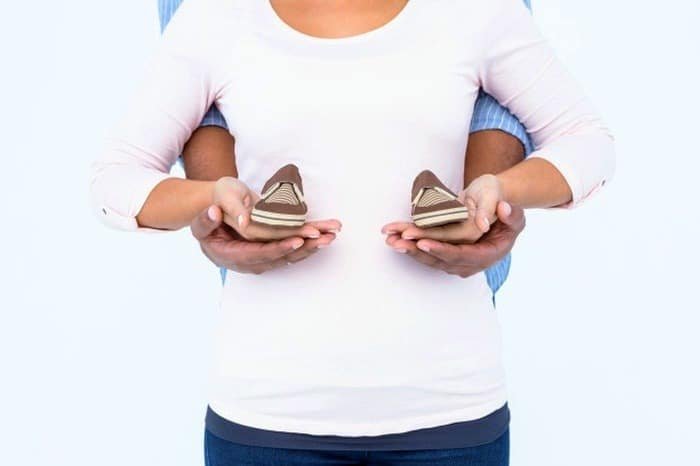
Breastfeed Until Four Months
Mothers are advised to breastfeed their child until four months of age while pregnant again, and only then introduce supplementary food. If a mother breastfeeds her child beyond four months, the fetus may face serious and dangerous complications due to insufficient nutrition.
Mothers should see a specialist and find substitutes for their baby’s milk. Additionally, weaning a baby has its own challenges and requires patience, but there is no other choice.
Become a Mother Before 30If your first pregnancy was timely, there is no need to rush. The best age for pregnancy is between 25 and 35 years, and pregnancy below 30, if basic principles are followed, can be beneficial.Suitable Age for Pregnancy and Consecutive Pregnancy
Effects of Consecutive Pregnancy on the Fetus and Mother
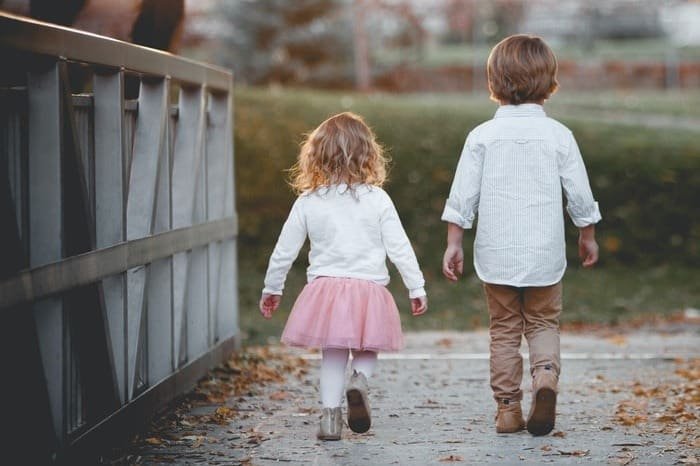
Depression
Is Dangerous for the Fetus
Having two back-to-back births puts a lot of psychological pressure on the mother, leading to depression. Depression is a serious illness that, if not treated in time, has unpleasant consequences.
Depression in breastfeeding mothers who are also pregnant has greater repercussions. These women cannot take good care of themselves or their children, which is why having a gap of two to five years between children is advisable.
What Complications Can Consecutive Pregnancy Cause?
Consecutive Pregnancy and the Suitable Gap Between Two Pregnancies
Warning
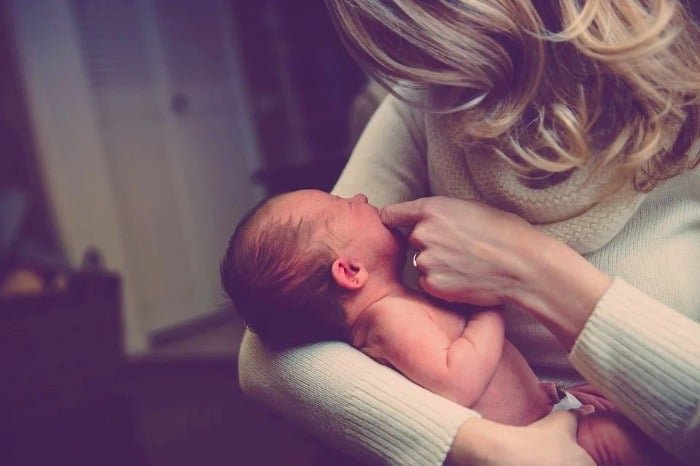
Children under two years need their mothers’ support and care. However, when their mother becomes pregnant, she cannot adequately attend to the child’s needs. This neglect may cause the child to become mistrustful of the world around them, leading them to grow up as pessimistic individuals who doubt everything. People with paranoid disorders are among this group.
Your Fatigue Signals Problems
A small age gap between two infants makes it difficult for parents to interact positively with their children due to fatigue and creates challenges in their upbringing.Consecutive Pregnancy
Complications of Consecutive Pregnancy
Another Pregnancy
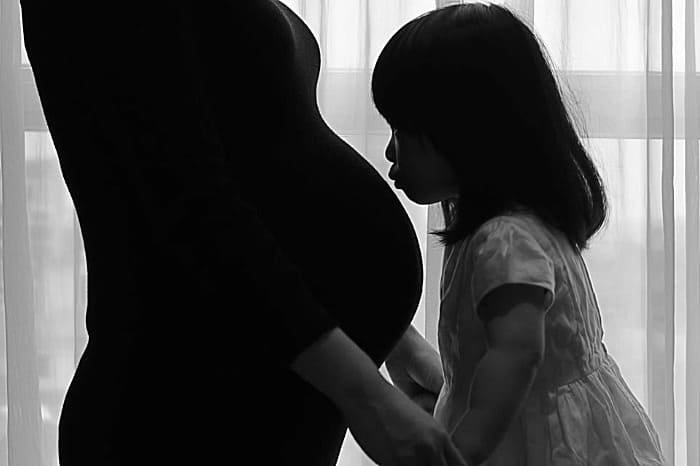
Risks of Consecutive Pregnancy
Pregnancy After Childbirth
Immediately After Childbirth
Immediately AgainThe Right Time for Another PregnancyContraceptive Pill
Contraception After Childbirth
Getting Pregnant Again



